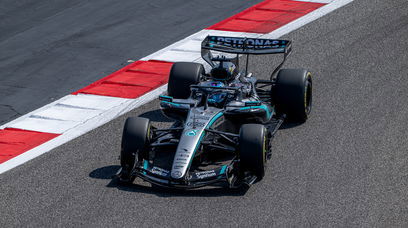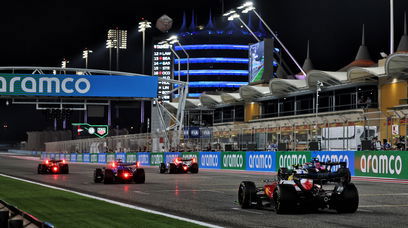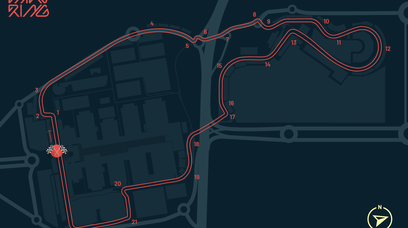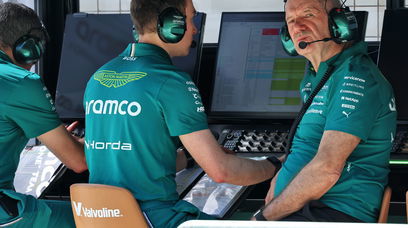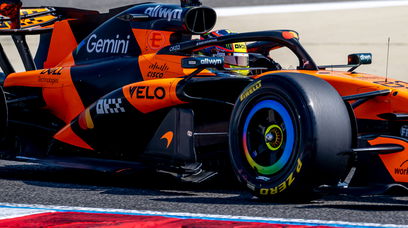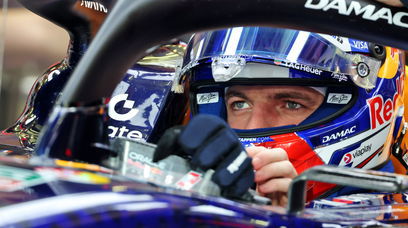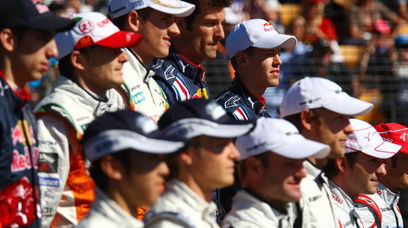Red Bull Chief Engineer Paul Monaghan has insisted it would be "foolish" not to take an evolution of the RB19 into next season. The Milton Keynes-based outfit has been the class of the F1 field this season, securing all but one victory and one Sprint on the way to a dominant double World Championship-winning season. Dutchman Max Verstappen has set record after record and, having win 17 of the 20 races held thus far, could have won the Constructors' championship as a single-car entry - his tally of 524 points dwarfing Mercedes' haul of 382. But the Silver Arrows, Ferrari and particularly McLaren have all made steps to narrowing the gap in the latter stages of the current season with the hope any improvements can be carried through into the new term, meaning Red Bull has had to continue evolving its all-conquering machinery. "It would be wrong of us to just leave it alone because our opposition is getting a bit closer," said Monaghan, speaking to media including RacingNews365.com . "But the rules are quite tight compared to what we've had in previous years and with previous generations of car, where we could do a little bit more and move things around. "It perhaps wouldn't surprise you if I said it [the 2024 car] will be an evolution of the current car, as it will be a bit foolish to throw this concept away. "But equally, we've got to make some progress. We've got to find some lap time. The opposition is on us and if they do a step, then we'd better have a bigger step. "But it [the RB20] carries over a lot of the lessons and benefits of the current car, and then from Bahrain next year, we'll see whether we've done a good enough job."
Red Bull 'efficiency' found after ATR penalty
Red Bull was handicapped with the development of the RB19 having been given a one-year reduction of aerodynamic testing time [ATR] by 10 per cent following its budget cap breach in 2021. With that now expired, the team will be able to put full resource into the RB20's development from hereon in. On the limit imposed, Monaghan explained: "It forced us to look again at the efficiency with which we do tests in the wind tunnel environment and in CFD. "And whilst everybody has a restriction, everybody wants efficiency, so that caused us to make some small improvements. "I don't think they will be revolutionary, but any of those refinements we will keep as our benefit because, as we get a few more morsels of testing, then we use those morsels more efficiently."
Most read
